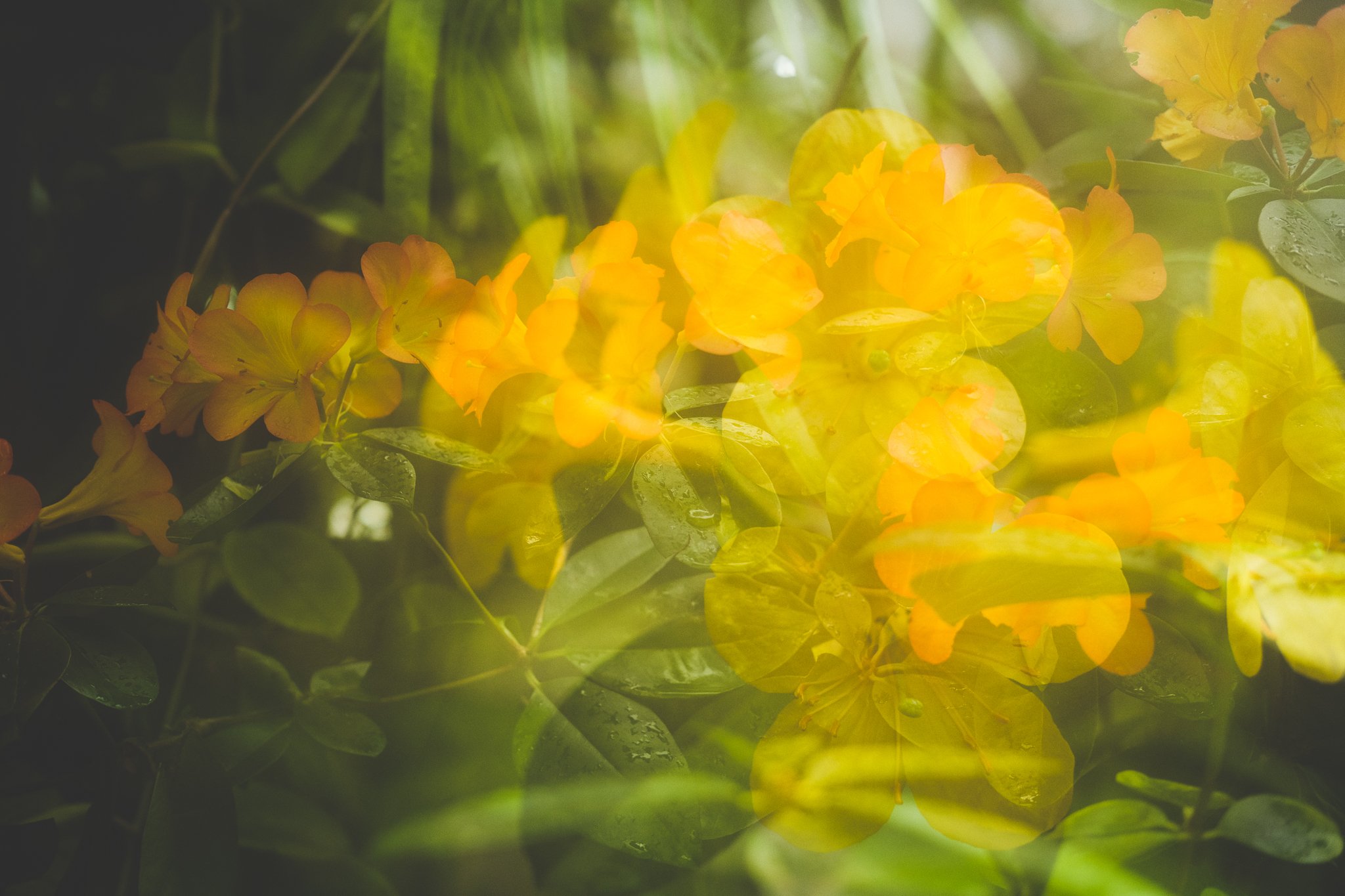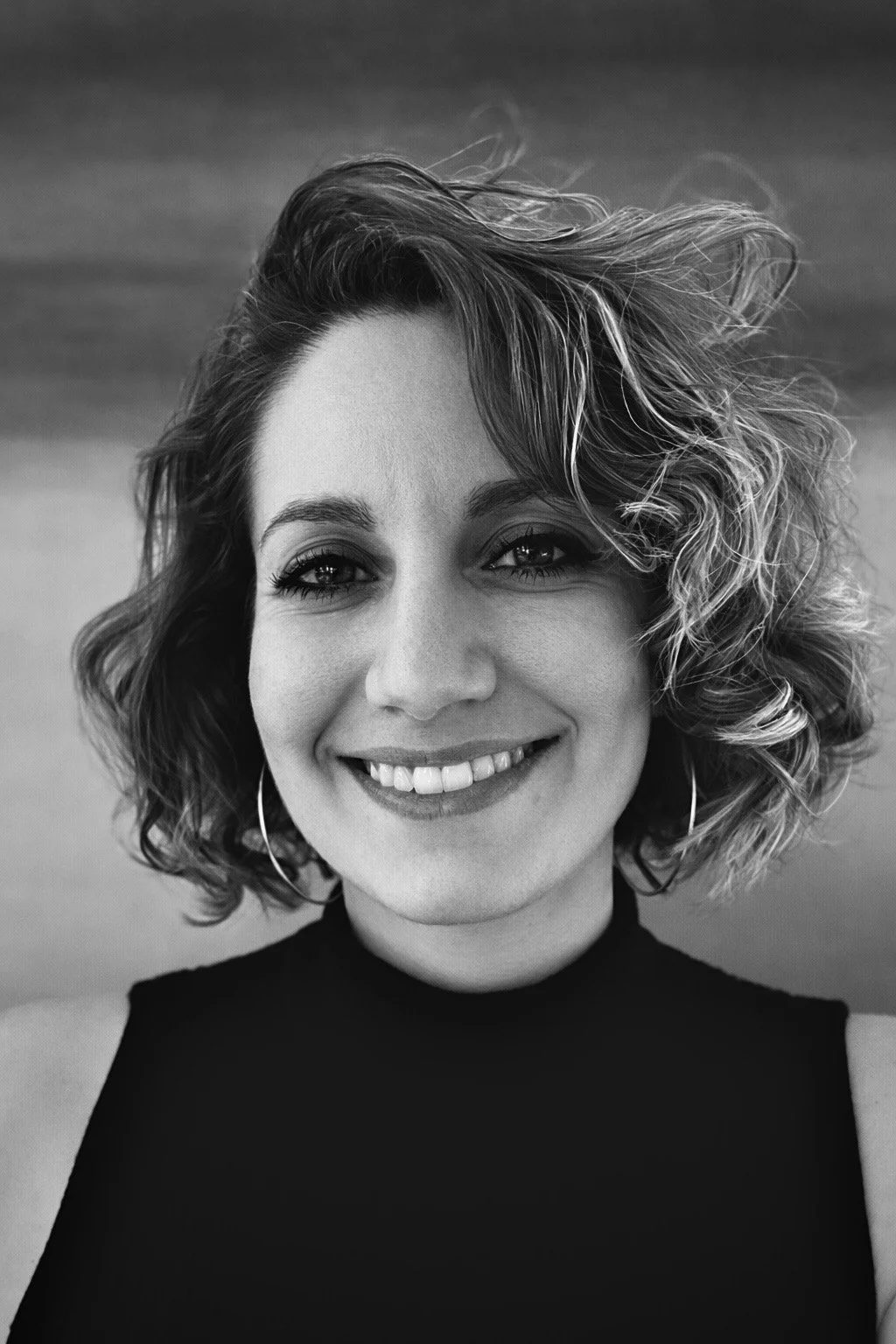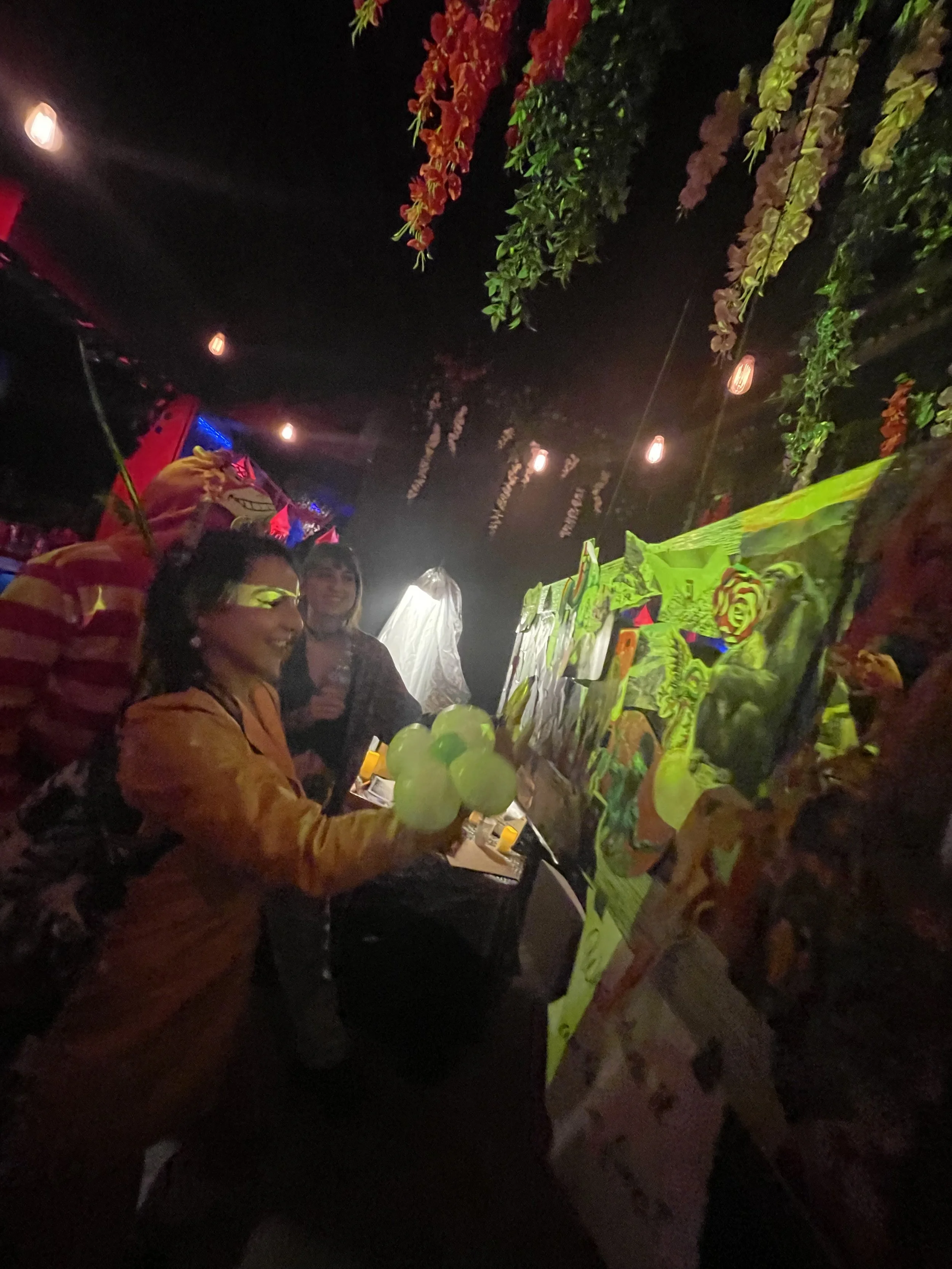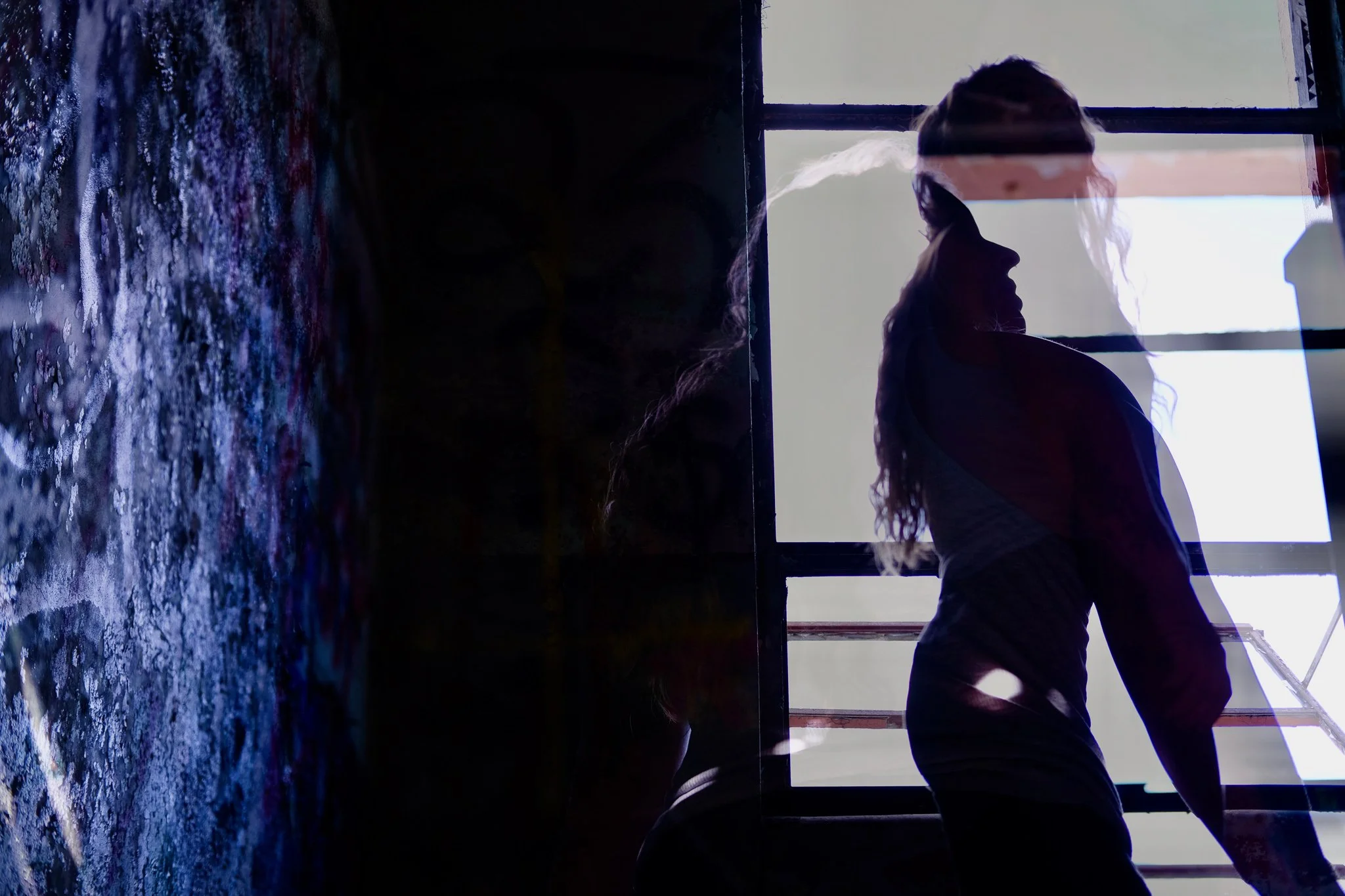
Yolanda Cavicchio
centering creativity, curiosity, and connection
Yolanda is an artist and independently licensed mental health counselor (LMHC, LPCC) with a specialization in Expressive Arts Therapy. She uses creative engagement and embodied practices to support and encourage emotional processing, identity exploration, self and communal expression, and relational attunement.
Yolanda offers 1:1 therapy, couples counseling, and arts-based group gatherings.
FAQs
-
Expressive Arts Therapy is a multimodal therapeutic approach that integrates visual art, creative writing, dance/movement, music, drama, and talk therapy to support individuals and communities in widening their capacity to understand, connect with, and respond to both internal and relational experiences. Though formally established within Western psychology in the 1970s, its roots are ubiquitous—for across time and culture, the arts have been a vital part of human life and our sense-making of both the sacred and the profane.
This approach invites spontaneous creative expression as a way to surface and engage with the unseen, unconscious realm, offering pathways toward the embodiment of wholeness and presence. Through metaphor, symbolism, and imaginative play, Expressive Arts Therapy opens a landscape beyond the confines of habitual thought—inviting us to view our stories anew, awaken dormant parts of the self, navigate emotional terrain with curiosity, and discover past limiting constructs and conditioning.
-
Not everything can be understood or expressed through words—in fact, research suggests that up to 93% of communication is nonverbal. That’s why imagery, sound, movement, and enactment are essential for moving beyond the limits of the mind and accessing our vastly sensory human experience.
When embraced, these elements bypass the filters of language, societal expectations, and defense mechanisms, revealing insights and aspects of self that often remain hidden or suppressed. This kind of transparency is vital for sustainable change, helping to break old patterns and integrate fragmented experiences through conscious recognition.
-
No!
The value of art-making for therapeutic purpose lies in the process itself—not in producing a specific outcome. Technical skill is neither required nor does it make the experience more successful or meaningful.
Since the dawn of humanity, we’ve painted caves and faces, danced and sung around fires, and shared stories of the day and our ancestors through words and enactment. Art has been both ceremonial and communal, decorative and joyful. It is a universal language inseparable from our nature—a truth often forgotten as art has become something we observe outside ourselves rather than experience as a way of being.
When we understand creativity as woven into the fabric of our existence, art and imaginative expression become accessible to everyone—regardless of background or experience.
So, no—you don’t have to be an artist to engage in this work. You only need to show up.



